New Technologies Find a Voice… And it’s Ours
by Holger Reisinger | February 5, 2018
Imagine being able to navigate your way through life using only your voice. While it may sound futuristic to some, it is reality to others.

It’s official. Technology has caught up to the most basic and yet powerful human capability: Our voice.
How else to explain the rapid rise of digital assistants Siri, Google Assistant, Cortana, Alexa and the newest entrant, Samsung’s Bixby? These systems rely on voice commands rather than touch to control devices or applications, providing us with near-seamless access to a dizzying array of information, services, shopping, you name it.
All I can say is… it’s about time. After years in which the titans of technology have seemingly impeded access to their devices with unintuitive navigation, mind-numbing interfaces and diabolical dropdowns, they’ve finally embraced the simplicity, elegance and power of the human voice. (How long they continue to do so is anybody’s guess. But more on that later.)
In the meantime, navigating through life – everything from playing our favorite tunes to ordering a pizza to summoning an Uber ride — is a mere voice command away.
And lots of other capabilities are coming soon, including voice-activated refrigerators, clothes dryers, vacuum cleaners and, of course, automobiles. In fact, more than 7 billion consumer devices are expected to be managed by voice-activated digital assistants by the end of 2020, says market research firm IHS Markit1.
Marvels of Engineering
When we stop to consider just how remarkable the human voice is, it’s no wonder the likes of Apple, Amazon and Microsoft have made it the gateway to their technologies. Perhaps the only question is what took so long?
Our voices are marvels of engineering, representing a complex interplay between brain, lungs, larynx, tongue, palate, cheeks and lips. The result is an ingenious tool that’s unique to human beings, and one that has fueled our progress as a civilization for tens of thousands of years.
The intricacies of human speech is what sets us aside from other living creatures on earth. And while we tend to think of it as something that develops naturally, our ability to speak effectively, coherently and persuasively is actually learned over years of listening, exposure and practice.
Using speech to convey thoughts, directions and commands makes it a highly efficient tool for accessing today’s technologies. In a sense, our voices have become the ultimate hands-free devices, requiring little effort on our part. The rapid-fire speed at which our brain can translate mere thoughts into well-articulated words and then transmit them to a device eliminates the time-consuming, error-prone need to navigate a menu, type a command or swipe a screen with a finger.
The interplay between human speech and human-developed technologies also makes today’s digital assistants remarkably accurate, despite the occasional, well-documented glitch. An engineer friend of mine and expert in speech-recognition says that the sophisticated algorithms and immense processing powers of the latest generation of assistants enable them to learn by filling in the blanks through advanced learning and situational knowledge. That means they can often understand more of what humans are saying than even we humans can.
Where Do We Go From Here?
That’s pretty amazing stuff, and it goes a long way toward explaining why the tech giants have rushed headlong into speech-enabled devices. Of course, if just a few decades of technology have truly caught up to a sense that took millions of years to develop, it makes me wonder what the future holds.
And I wonder if it involves our voices at all.
Maybe the next generation of technologies – self-driving cars, for instance – will bypass speech altogether and tap right into our brains, thus being able to understand commands before we can even articulate them. It seems a bit frightening to me, but I’m sure the notion of being able to buy products off the Internet using only voice commands seemed that way too a couple decades back.
But all that’s still years into the future, I think. In the meantime, let’s happily use the most basic and powerful human capability – our voice – to navigate our way through life. As I said earlier, it’s about time.
1 http://electronics360.globalspec.com/article/8856/7-billion-digital-assistants-in-connected-devices-by-2020


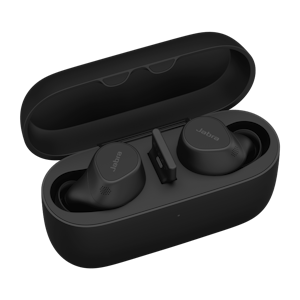
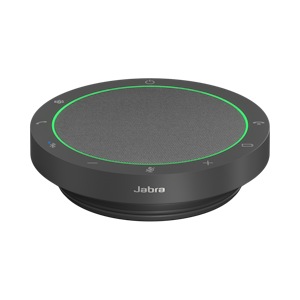
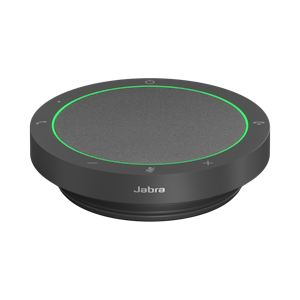
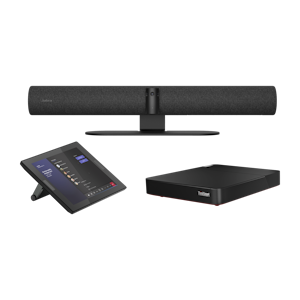




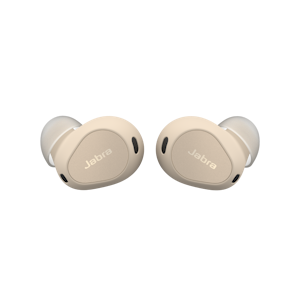

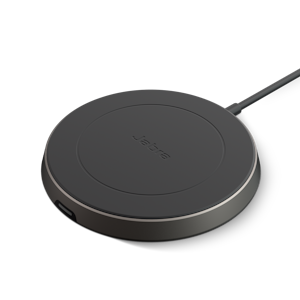



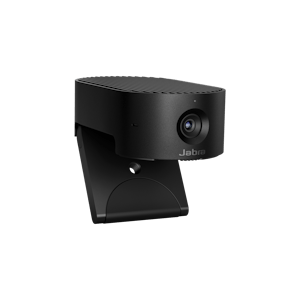

 {{product.productName}}
{{product.productName}}
